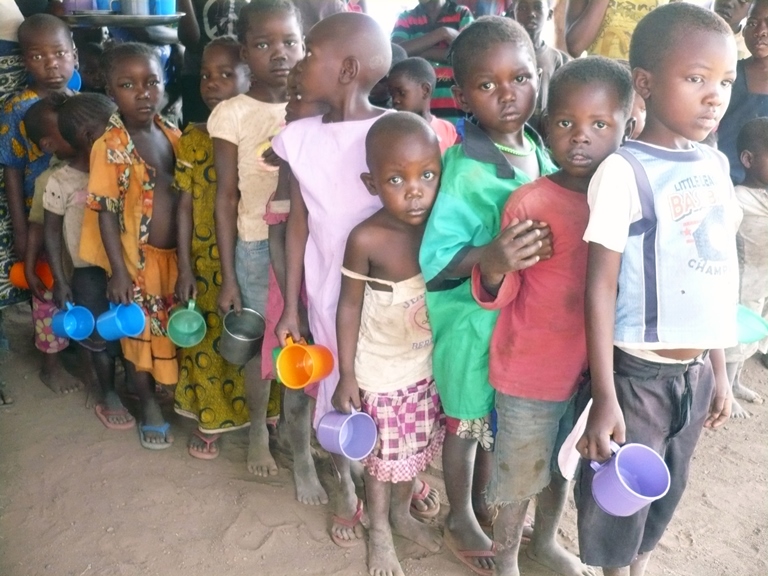|
In South Sudan, survival is daily struggle for ordinary citizens
Thursday, January 19, 2017
"People are forced to live in camps where there is lack of food and water; where there are no schools--where, in short, there is no future."
South Sudan, located in the heart of Africa, is the
youngest nation in the world; it gained independence from Sudan in July 2011.
Two years later, a civil war broke out, pitting the ruling Sudan People's
Liberation Army (SPLA) against the opposition; the conflict has since become a
brutal tribal war. The UN estimates that there are 1.7 million Internally
Displaced People (IDPs) in the country, 75 percent of whom are struggling to
survive in the three states hardest-hit by conflict, Unity,
Upper Nile and Jonglei.
Aid to the Church
in Need (ACN), an international Catholic charity, recently spoke with a pastoral
worker in South Sudan who asked to remain anonymous.
By Maria Lozano
What role does tribal culture play in the conflict?
There is the mentality that holds
that the tribe is the most important social unit, and that individual lives
have to serve the tribes, as directed by councils of elders, even today. Many
tribes coexist in South Sudan, fighting for cows as symbols of power and
wealth. Conflict has never been rooted in hate or genocide; the pursuit of
wealth was the cause of any fighting. In short, the people of South Sudan lack
a sense of national identity. Their allegiance to their tribe comes first—and
that often leads to conflict.
What is happening today, however, is
that the leaders of different tribes fight, not for cows, but for political
power and money (e.g. oil, timber, minerals). These elites care more for their
own advantage than for the well-being of the people, many of whom are starving;
inflation in the country has hit 800 percent! Perhaps the worst aspect of the
conflict is that tribal leaders present their struggle for political and
economic power as an ethnic conflict—which it is definitely not.
What is the impact of the conflict on ordinary
citizens?
They have to leave their lands when
conflict erupts; they lose all their possessions—cattle, homes, land. They
become IDPs or they flee the country to become refugees. In either case, they
are forced to live in camps where there is lack of food and water; where there
are no schools—where, in short, there is no future. Most of the families have
lost loved ones in the fighting; some have been recruited by force, even
children; women suffer rape and violence, and then are stigmatized because of
being violated. There is a grave shortage of medical care, in particular, and
there are growing number of deaths among the elderly, women and children. International
aid falls far short.

What is the work you are doing in the country?
We work with the local Catholic
Church—training teachers, nurses, midwives, and agricultural workers. We are
also training pastoral agents, to prepare them for the work of evangelization,
as well as peace-building and reconciliation efforts.
We also operate student centers.
Students come from different tribes and they live and study together, peacefully—building
a mentality of unity among themselves as a bulwark against ethnic hatred. The
result is a living witness that unity and fraternity are possible in South
Sudan.
Since its independence, ACN has supported projects in
South Sudan for more than 4M Euros. The help went to pastoral aid, Mass
stipends, the building of Church infrastructure, as well as humanitarian
supplies.
Displaced children in South Sudan; ACN photo
|
|
|